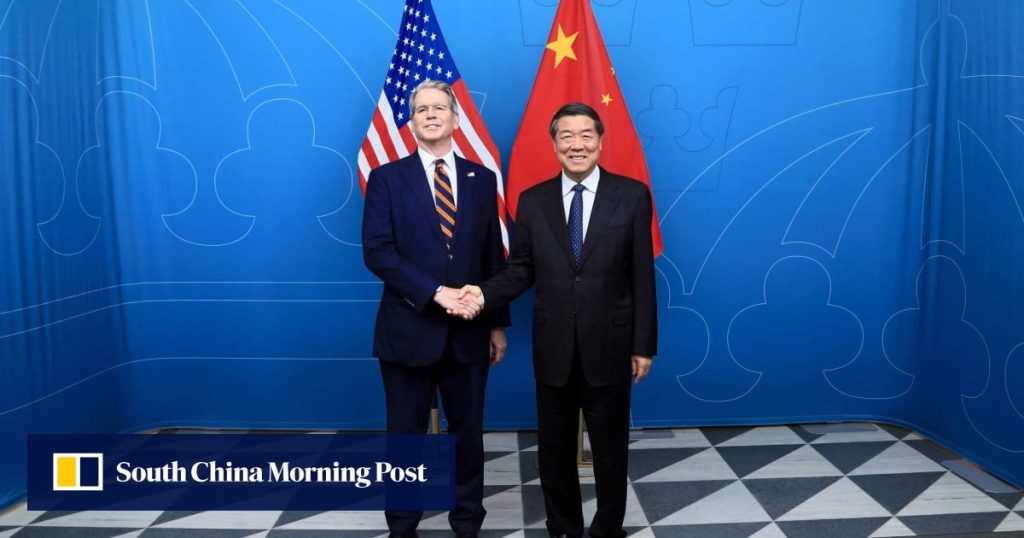With the tariff truce between China and the United States extended for another 90 days, and in the lead-up to a potential meeting of their presidents later this year, room for “piecemeal agreements” exists for the two countries in terms of export controls and purchases of goods, according to analysts.
But the odds of significant breakthroughs – at least in the short term – are unlikely, as negotiations between the superpowers will continue to be difficult and serve as a long-term test of trade resilience, they added.
“It is in neither party’s interest to see tariffs re-escalate,” said Lynn Song, Greater China chief economist at Dutch bank ING. “But at the same time, it is also difficult to envision a grand bargain to resolve issues once and for all.
“It’s likely that we will continue to see these extensions and adjustments, moving forward.”
Pushing Beijing to buy more US goods is one of Washington’s priorities. Just ahead of the tariff truce deadline, US President Donald Trump urged China to quadruple its orders of American soybeans – a major US export to China.
Trump said last week that he and President Xi Jinping could meet “before the end of the year” if both sides can come to a trade deal.


